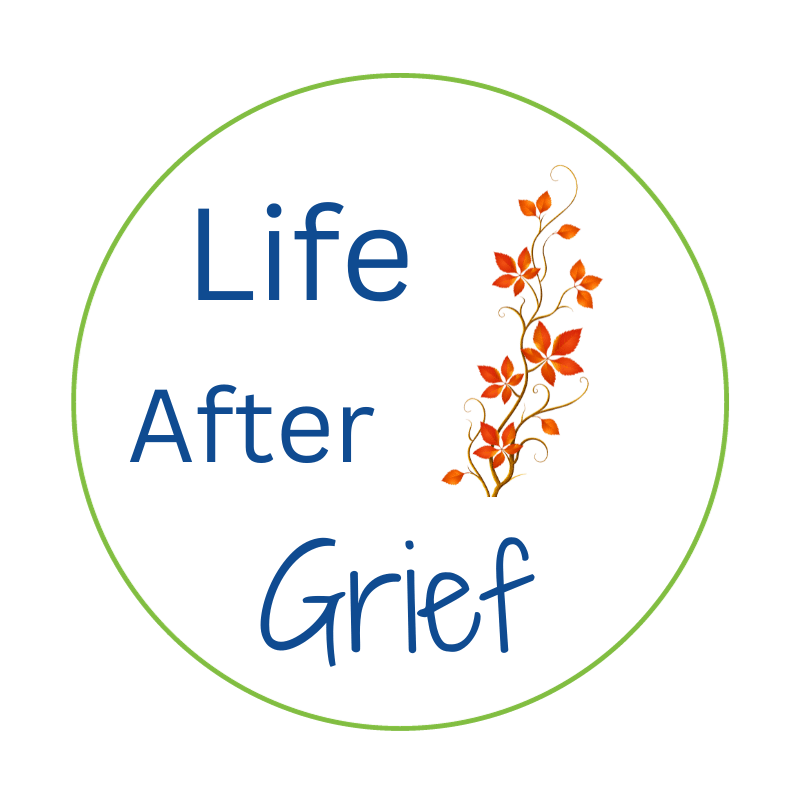
Hi everyone,
According to the scientific article, below, grief disrupts time in three intersecting ways, specifically in how we perceive our reality. It doesn’t necessarily align with how scientists usually measure time.
Perceptual perspective (POV) is about the experiential, emotional experience of a deep longing for the deceased person to still be alive with us.
For months after my husband’s passing, in the sleepy moments before I woke up, I would swear I could feel his warmth at my back. Then I woke up and felt that raw pain of his loss newly again.
The hardest places this showed up was when I did activities we used to do together and he wasn’t there to share the experience with me or to call afterwards with my report.
Narrative perspective is about our ever-changing story of past events, which is shaped by how our roles, values, motivations and goals change over time. Memories are not static but interpreted, as what matters most rises to the surface when we grieve.
My memories fell apart so completely that I could not figure out where I fit in the timeline of my own life. It was heartbreaking and disorienting to be between an irretrievable past and an unattainable future. I wrote that my memories were like a mountain of shards of glass. I picked them up one-by-one and tried to put them in their place, with no idea where that place actually was.
You can read the source article below, if you wish.
The Effects of Grief Are Not Linear
In Elisabeth Kübler-Ross’ bestselling book, On Death and Dying, she described 5 stages of grief - denial, anger, bargaining, depression and acceptance. Understanding of her model has advanced over the years but it does not match my experience or that of my coaching clients.
It looks like a linear pathway, as if they arrive one at a time, as if each has approximately the same time frame as if, once you get through acceptance, you are good. That’s not what it’s actually like in the midst of grief.
In reality, several of these can crash down at the same time, along with overwhelming feelings, losing your sense of purpose and self, and feeling abandoned by those you counted on to be there. You might hear that you are ‘too much’ and the grieving has gone on for ‘too long’. You aren’t and ‘too long’ according to who?
Grieving lasts months or years. Forward progress can vary depending on what area of life you are going through. Getting back to work, taking care of your health, nurturing relationships, making and achieving goals, or opening up to love again might be easy or hard. For me, opening up and risking love again was terrifying.
Every grief journey is personal. There is no ‘right’ way to move forward through your grief. I always say to trust yourself and filter every piece of advice through what is true for you.
Track Your Forward Progress to Hope and Joy
Time is slippery when we grieve. At the beginning especially, it can look like a forever wasteland of memories, including:
regrets for the past - words not spoken and actions not taken
anger at the death of plans co-created and being abandoned to cope
fear about an unknown, unpredictable future, alone
3 Ways to Find Solid Ground on the Way to Hope and Joy
Manage energy: Our ability to engage is often impacted by unreliable or flagging energy. I recommend making a comprehensive list of activities when you are rested and focused. Measure your energy each morning and choose one based on how you feel that day. Do as much or little as you can, no judgement. Some days will be better than others.
Set tiny goals: Time stretches out endlessly. It’s essential to be able to see that you are moving forward, even when progress seems glacial. Since attention span can be much shorter than usual, create bite-sized goals on the way to the end goal. Acknowledge each one when you reach it for a small burst of extra energy.
Celebrate your wins: A win when you are grieving can be as small as getting dressed one day and as big as writing and publishing a book. I counted each of these as a win after my husband, David, died equally. Whatever is possible is amazing and to be celebrated. Be mindful of not rushing on to the end goal without a pause.
Your usual capacity to interact with people and get things done may be impacted - inconsistent and unpredictable. Increasing your practices of self-expression and self-care, whatever that means to you, will expand your capacity to be. Try it.
When I began my grief journey after David passed away in 2016, trusting myself, healing misunderstandings and seeing a future of potential opportunities seemed impossible. Sometimes, it felt like I was sinking in quicksand but I made it through, still struggling in moments, and you can too.
This newsletter issue, Center Yourself When Grief Disrupts Time offers ways to orient yourself in time so moving forward after a loss gets easier. If you want a personal conversation about how I might help, let’s chat.
Schedule a complimentary zoom call to talk about grief challenges you are facing right now at https://thebadwidow.com/ConnectWithAlison.


